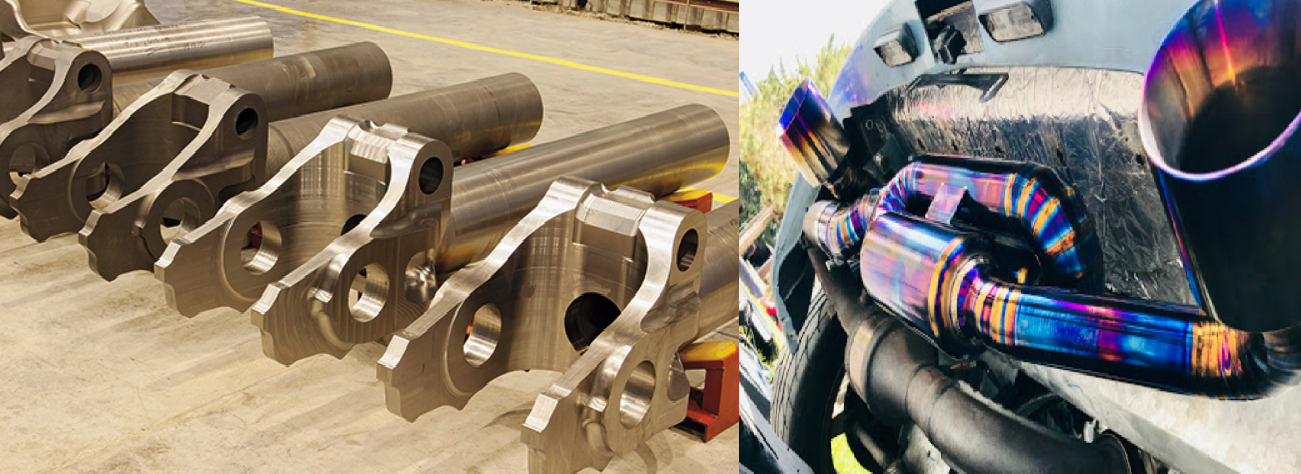Titanium is a metal that can withstand extreme temperatures and pressure, and it is one of the most expensive metals on Earth. It is used in aerospace and defense industries, medical devices, sporting goods, automobiles, etc.
In the medical industry these titanium products are used in implants or prosthetics. Titanium parts also make up a large part of sporting goods such as golf clubs, tennis rackets, golf balls, fishing rods, etc.
Titanium is a strong and light metal made by heating a mixture of titanium tetrachloride and aluminum, then adding magnesium and other metals. It is also part of the most expensive metals on Earth. However, it is worth it because it can substitute materials like steel and aluminum, which are more commonly used in manufacturing today.
In order to create high-quality titanium products, companies must have good suppliers who know how to produce titanium in different forms, such as ingots or powder. They should also have good quality control procedures for their production process with strict adherence to the company's specifications and quality standards.
What are the Advantages of Titanium?
Titanium is a metallic chemical element with a silvery-white appearance. Titanium can be found in nature as ore or as an alloy that can be made into various grades of pure titanium metal with varying properties.
While titanium metal can be quite expensive initially due to its scarcity of supply, it is often mixed with other metals to create more affordable alloys. This makes it easy for manufacturers to produce their own titanium alloys for their products.
Advantages of Titanium:
- Lightweight material;
- Heat resistance;
- Corrosion resistance;
- Strength to weight ratio;
- Durable
How to Maintain a Precious Metal Product's Quality Once It Has Been Made?
Titanium is much of a durable and lightweight metal. The problem with titanium is that it can oxidize in air, making it brittle. You can, however, maintain the product's quality in the following ways.
- Use an anti-oxidant spray before using the product
- Keep the product in a sealed case, or use an airtight container for storage
- Keep the item away from excess heat, as this can cause oxidation
- Store the item vertically as opposed to horizontally
In order to maintain the quality of titanium products that have been made, it is necessary to treat them with care and make sure they don't get scratched or tarnished. This includes using cloth bags to store them in when not in use and keeping them away from chemicals and other substances that may damage their surface.
The Importance of Titanium Metals for Infrastructure Projects
Titanium's popularity is because it is corrosion resistant and because it has a wide range of properties. With these properties, titanium can be used to make high-performance alloys that are lightweight and strong. These alloys are also able to withstand harsh environments such as heat, radiation, and corrosive chemicals.
The use of titanium metals in infrastructure projects today and in the future will help improve their performance by reducing weight while maintaining strength.
Some countries are already using titanium in their infrastructure projects and have seen a decrease in maintenance costs. This is because it doesn't corrode, rust, or oxidize as easily as other metals that are used today.
Titanium is also cost-effective due to its low-cost manufacturing process. It can be made with a low-cost alloy of tungsten carbide, which makes it tough and durable while remaining lightweight. Visit HeleTitanium Materials and Engineering to learn more about titanium products and how to handle them.


